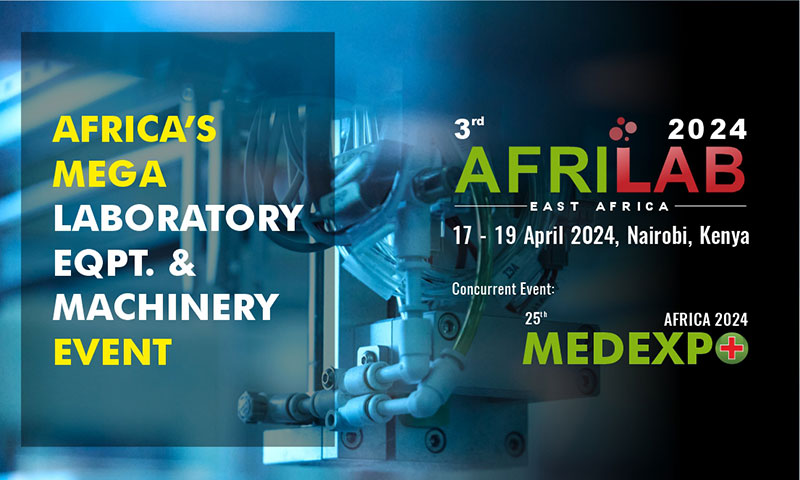

Eskom Uganda Is Committed to Improving Maternal and Infant Health
Posted on :Thursday , 31st December 2015
Ugandans know Eskom as a reliable partner for generation of electricity which has spurred development and progress in this country.
You know Eskom as people who have for the last 12 years operated and maintained this country's first two hydro power stations, Nalubaale and Kiira, without incident and/or deficiency.
The plant availability for both dams for the period since the start of the concession in 2003 has consistently been above the contractual average of 94%, the average for the last 13 years is 95.7%.
This achievement is no mean task bearing in mind the age of the power plants, the obsoleteness of some of the systems and the ever-changing technology which requires constant skills enhancement.
You know Eskom as an employer of choice, who, in challenging circumstances, continues to develop the critical but rare skills in the energy and utility sectors. This I shall return to later. And obviously you know Eskom as a major contributor to national development through the payment of taxes.
But I am glad to show you another face of Eskom that you probably did not know - the Eskom that cares for the wananchi; the Eskom that would never enrich its shareholders at the expense of its obligations to the government and Ugandans.
One of Eskom's values is sinobuntu; I know it's the same here, only you call it obuntubulamu - human kindness. For twelve years, we have been honoured by the Ugandan government to operate and maintain Nalubaale and Kiira power stations.
But in so doing, we have become, as is typical of our business sense, increasingly aware of the social challenges facing the communities in which we operate, and by extension the whole country.
Beyond being just aware, we have taken bold steps in making our modest contribution to ameliorate the bad situations whenever we can from education, environment and health, etc.
As a business, we call it shared value. The philosophy of shared value is that we cannot survive and even thrive as a business when the community around us is in desolation.
We get concerned when we read reports from organisations such as Unicef that "in sub-Saharan Africa, a woman has a one in 13 chance of dying in childbirth or that despite your personal and government effort in immunization, almost 30% of newborns in Uganda do not live past their 5th birthday".
To us, these are not just numbers but real women in our lives - mothers, wives, sisters, daughters, and citizens.
So, when Hon Moses Balyeku (MP Jinja Municipality West) approached us for a partnership on a project to refurbish and equip Kimaka heath centre II maternity ward, our positive response came almost naturally.
He was reading from our gospel of shared value. Even more, he was talking about the lives of people closest to our hearts - women. Let me reiterate Eskom's commitment to the improvement of maternal and infant health specifically and health of all citizens generally.
Our shared value interventions are not just kneejerk reactions. A lot of thought goes into deciding what initiatives to finance but, most importantly, we are also guided by the government's national development plan. Ours is to play a complementary role.
Take for example our intervention in education. Ten years ago, we built a vocational training centre in Gulu to train women and young girls returning from the shackles of war in tailoring as a skill to survive.
Today, this centre has grown to offer other skills in catering and hairdressing. It has attracted men as well and has over 1,000 graduates out there, making a living from acquired skills.
Back to our operations, we have so far trained thousands of students through our annual internship programme and close to one hundred in our graduate-in-training programme.
Over 50% of the graduate trainees have been retained and are growing through the ranks while the rest are in gainful employment in the energy sector.
So, when government talks of skilling Uganda, we have and continue to make our humble contribution in that regard.
In conclusion, allow me address my good neighbours of Kimaka. Most times, great facilities are provided to locals who, rather than jealously maintain and guard them, run them down and return with a begging bowl.
Former South African President Nelson Mandela once said: never destroy what you have because if you destroy it, it will cost you more to rebuild or you might not be able to rebuild it.
Please Select an Option

Expogroup
Expogroup is a full service exhibition organiser with over 29 years experience in International trade exhibitions. Our current portfolio includes 25 annual exhibitions from a diverse range of industries being held across the Middle East & Africa.
EXPOGROUP © 1996 - 2026 | Privacy policy
